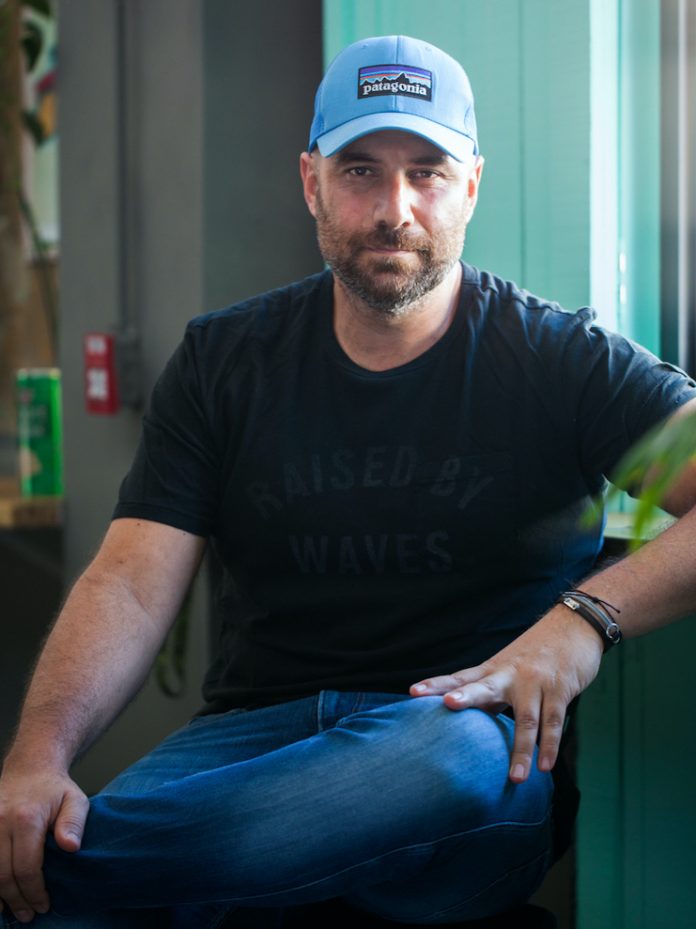
At the end of 2018, Latin American startup Selina—a lifestyle brand that launched in 2015 and caters to “digital nomads” with its work, play, and live experiences—announced expansion plans to open 100 locations worldwide by 2020, including several in the United States. Then came the global COVID-19 pandemic and slowdown of international travel. Rafi Museri, Selina’s CEO and co-founder, told LODGING that rather than slowing its roll, Selina saw an opportunity to shift its business model and double down on the brand’s “work from anywhere” culture to cater to the massive influx of remote workers who are no longer tied to physical office spaces. Selina launched subscription travel packages to enable travelers to move among its locations and access accommodations, co-working spaces, programming, and more at properties regionally or globally. At the same time, the company has continued to open locations around the world, adding experiences for subscribers that are available as soon as travel restrictions are lifted.
Museri said that there are three types of businesses in the current environment: Those that are no longer relevant in a post-COVID era; those with operations that will slow but will eventually return to pre-pandemic levels; and those that are positioned to grow in this new world. “You need to be able to jump at that opportunity and that’s exactly what we did in the last five months,” Museri said.
For Selina, that opportunity is the shift toward remote work. According to research from the Stanford Institute for Economic Policy Research, 42 percent of the U.S. labor force is working from home on a full-time basis; 33 percent are not working and 26 percent are working on-site as essential workers. “We’re talking about one of the biggest movements ever happening in offices,” Museri explained. “Nobody’s going to go back to normal.”
Museri sees a future where more people will be free to travel for several months of the year and work from any location. He added that Selina has provided a place for digital nomads and remote workers since its inception. Museri noted that in the company’s language, “digital nomads” are freelancers and explorers with few restrictions who are constantly looking for their next gig, while remote workers have a job. “We were always there for the digital nomad. We were always there for the remote workers. We were always there for the young travelers, weekenders, vacationers, millennials,” he said. “I believe that now this is the massive, number-one value proposition of the company: That everywhere around the world—from a remote jungle all the way to prime cities—you can come to a place where you have the facilities you need to be able to work, play, and stay.”
Selina’s subscription packages include Selina Nomad Passport, which allows travelers to purchase bulk 30-, 60-, or 90-night credits at a discounted rate that can be used whenever they prefer within a period of about two years at any Selina location. Through the Selina CoLive plan, travelers can choose between one, three, or sixth-month stays at any designated property for a base price that is set in the first month and applied for the duration of the stay. A third option allows companies to purchase Selina’s B2B Remote Work Pass for employees. Packages also have amenities and add-ons ranging from co-working desks and daily wellness classes to weekly cleaning service and on-property discounts.
Museri added that Selina’s growing portfolio of locations will create more value for subscribers as the company grows its roster of destinations and experiences around the world for travelers to explore. Throughout the COVID-19 crisis, the company opened seven locations and has 10 more slated to open over the next three months. The company currently has locations throughout Latin America and teams across the region searching for further growth opportunities. Museri said that Selina plans to focus its expansion in Europe and the United States over the next two years while exploring the possibility of entering Australia and New Zealand.
In the United States, Selina locations include Catahoula New Orleans, three open or upcoming properties in Miami (Miami River, Miami Gold Dust, and Miami Little Havana), and three open or upcoming locations in New York (Chelsea New York City, Commodore Astoria, and Woodstock). Additional U.S. locations are in progress in Fredericksburg, Md., Washington, D.C., and Utah. Selina also has a team looking into distressed hotels.
In the future, Museri envisions the possibility of expanding Selina’s B2B offerings—converting, managing, and operating spaces entirely dedicated to companies and their employees. “Time will tell, but that’s not yet a product that is out there,” he added.
Ultimately, Museri sees a future for Selina’s product in a world where the need to socialize remains powerful. “The data about loneliness is huge. It’s not changing,” Museri said. “If you want to explore, if you want to meet new people—that’s what Selina offers.”











